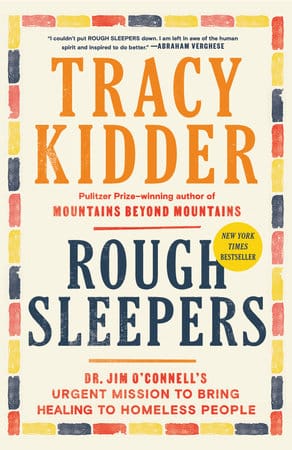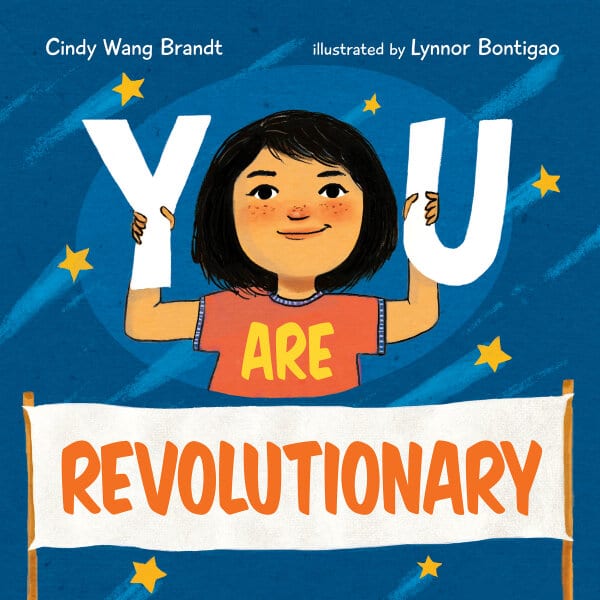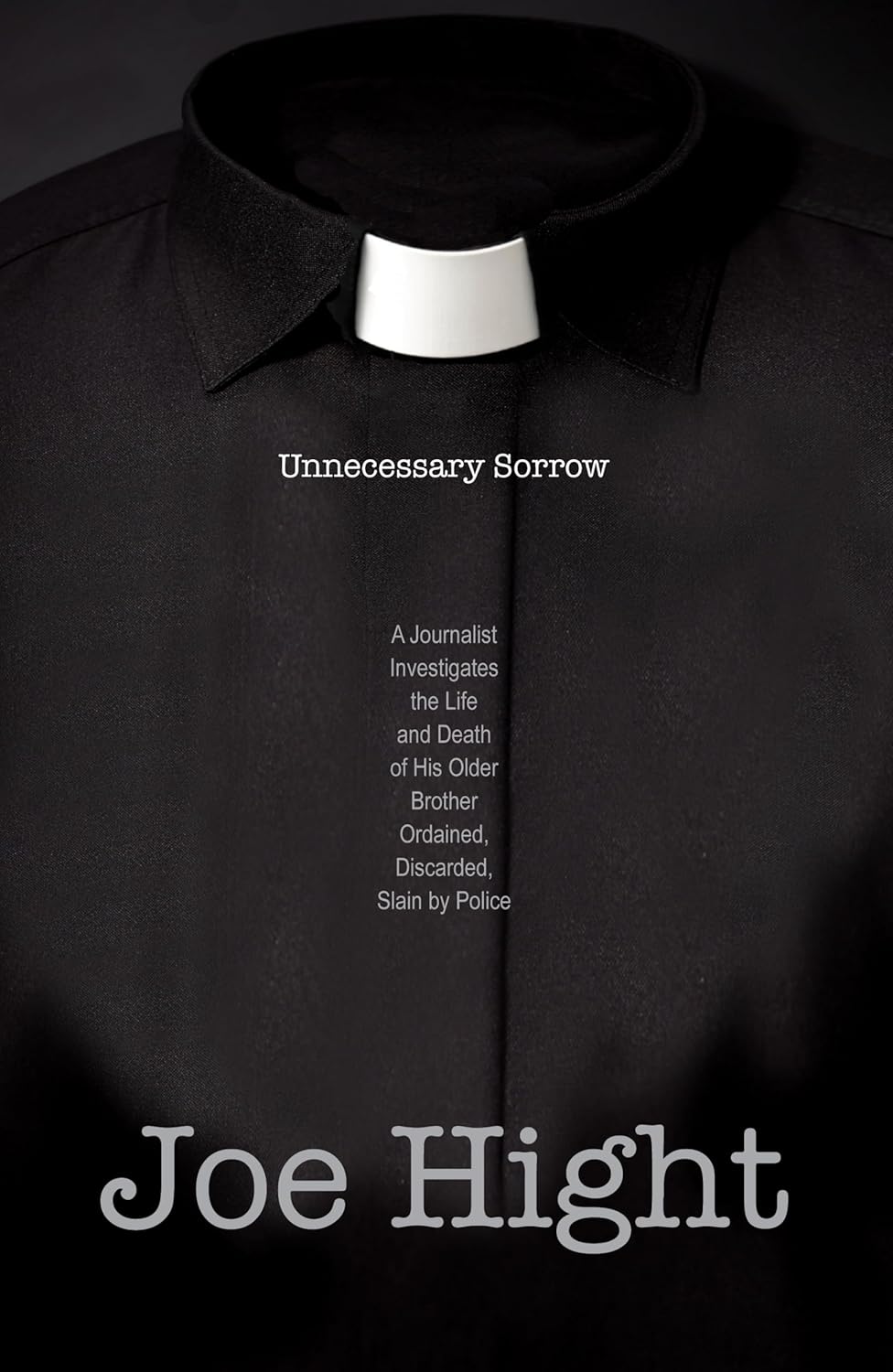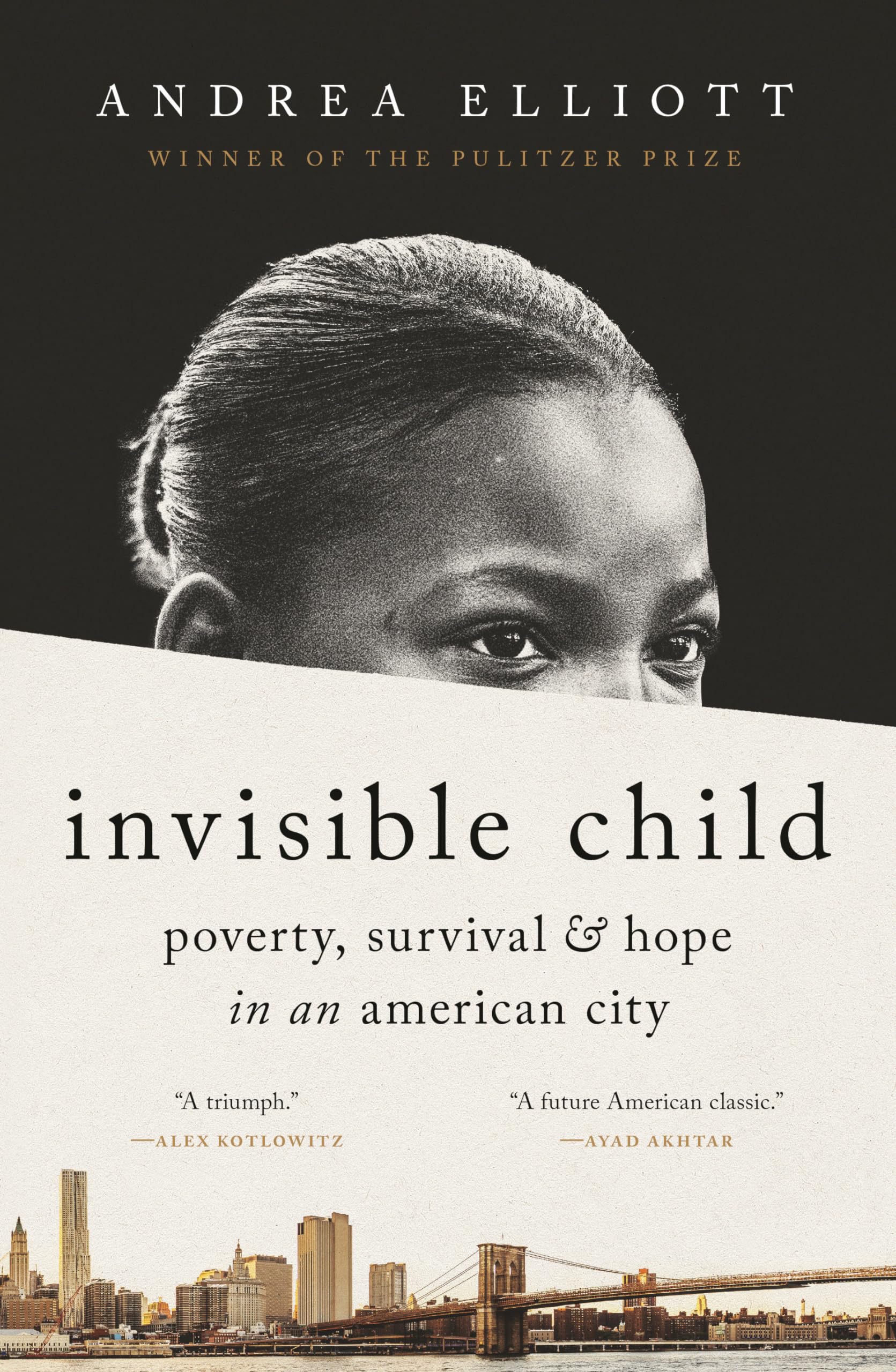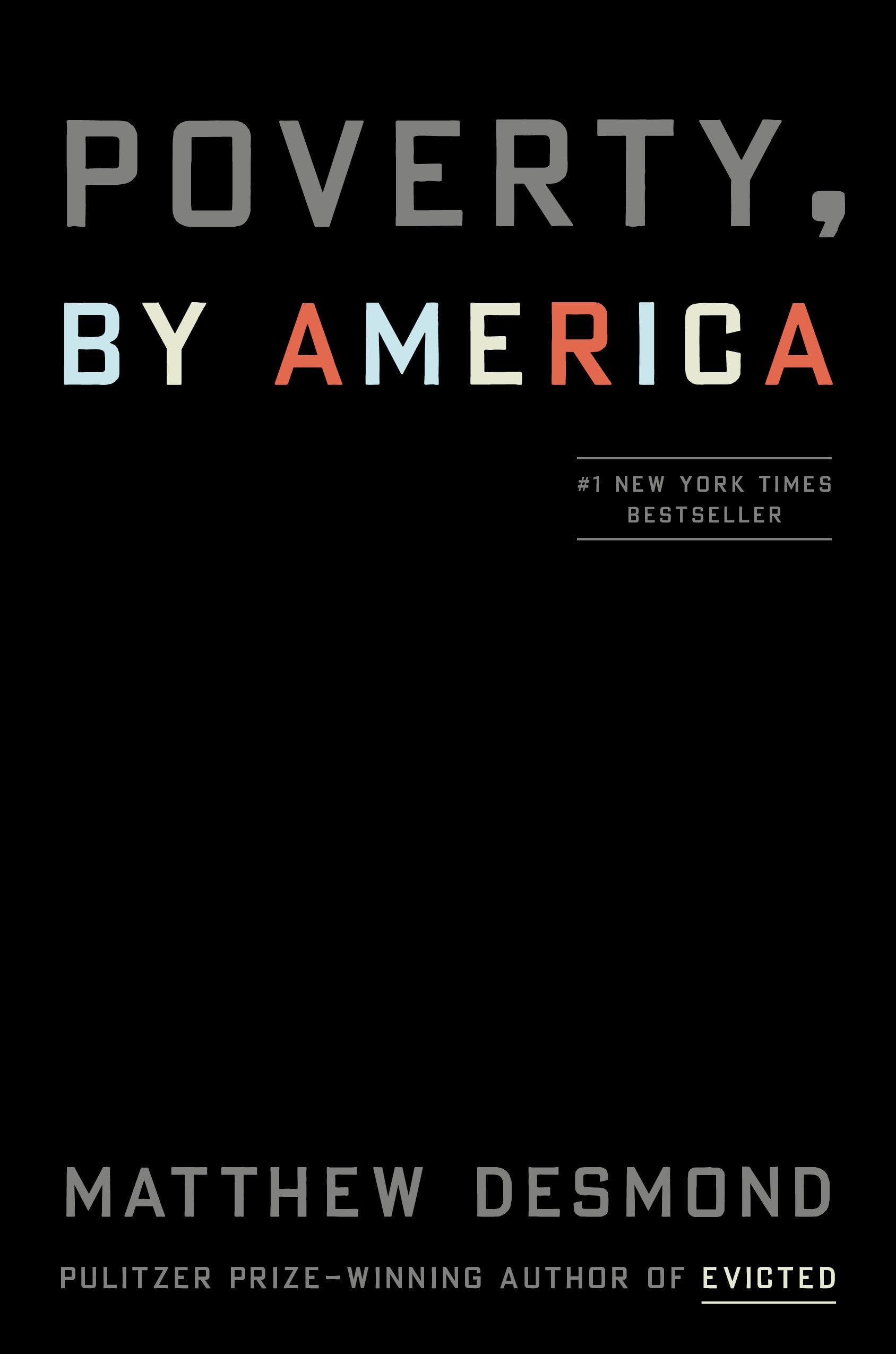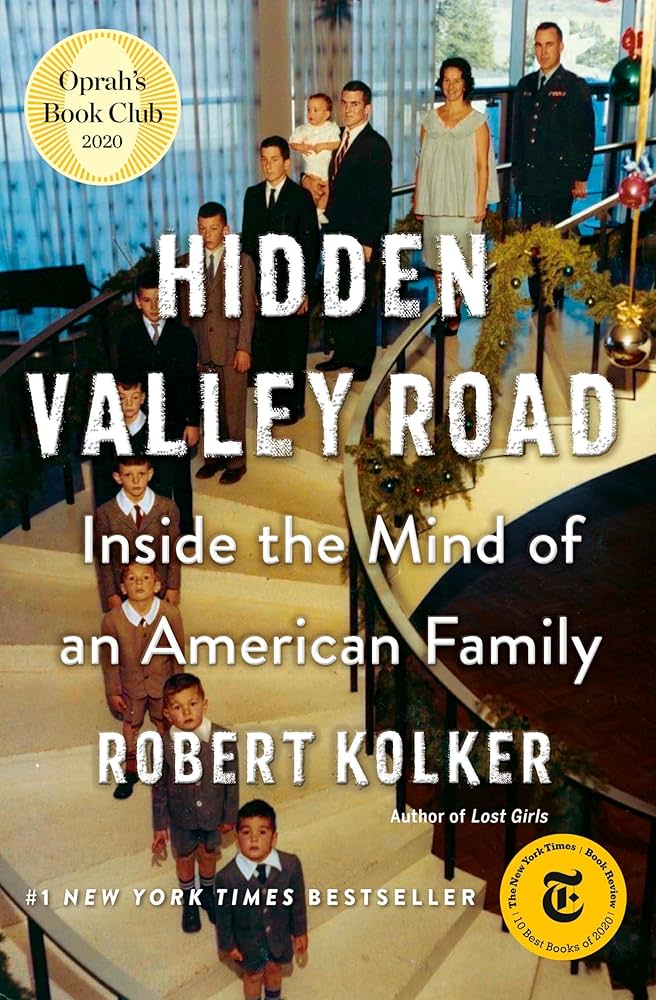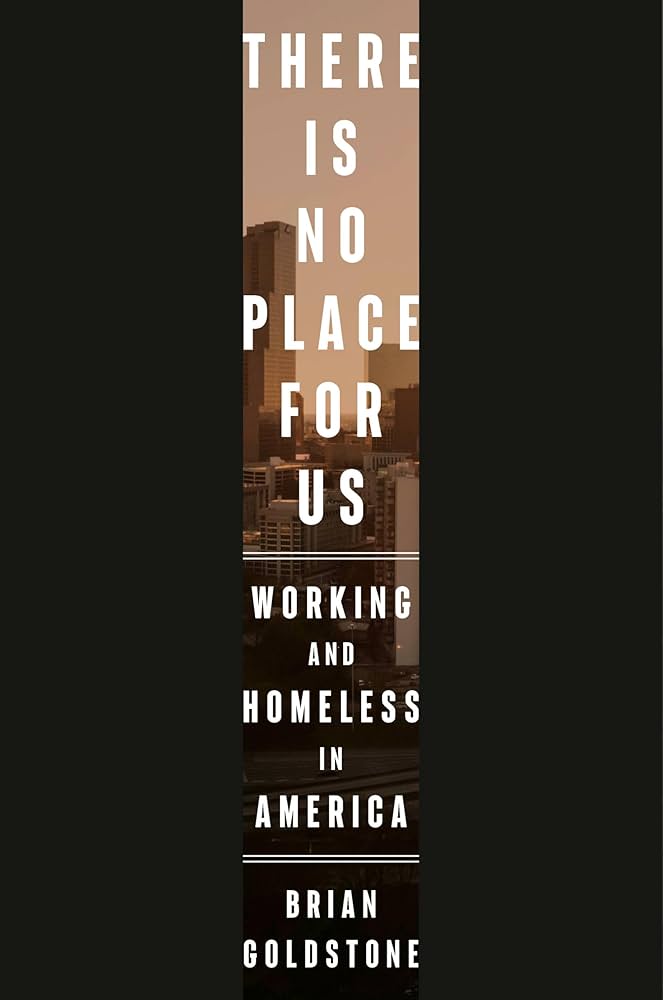Our Bookshelf
Our Bookshelf
Whether you’re hoping to gain a deeper understanding of issues affecting our community, find inspiration in shared stories, or take action, this collection is a great place to start.
We invite you to read along with us, expand your perspective, and deepen your commitment to a more just and supportive world for all.
“There are some things you just do because it’s the right thing to do. And the outcome is out of my hands or in somebody else’s hands. I want to believe there’s value in that.” – Freshly out of medical school, Dr. Jim O’Connell was asked to spend one year providing medical care to Boston’s unhoused population. One year turned into a lifelong calling, one that revolutionized the way Boston’s medical community provided healthcare, comfort, dignity, and community to those who sleep on the streets—the “rough sleepers.”
“Without stable shelter, everything else falls apart.” – While Evicted focuses on the lived experiences of a handful of low-income renters in Milwaukee, their setbacks and struggles echo through cities across America. Evicted not only describes in painstaking detail the housing crisis facing American renters but makes the argument that the very act of eviction is a cause, not a condition, of poverty.
Our Bookshelf
Whether you’re hoping to gain a deeper understanding of issues affecting our community, find inspiration in shared stories, or take action, this collection is a great place to start.
We invite you to read along with us, expand your perspective, and deepen your commitment to a more just and supportive world for all.
“There are some things you just do because it’s the right thing to do. And the outcome is out of my hands or in somebody else’s hands. I want to believe there’s value in that.” – Freshly out of medical school, Dr. Jim O’Connell was asked to spend one year providing medical care to Boston’s unhoused population. One year turned into a lifelong calling, one that revolutionized the way Boston’s medical community provided healthcare, comfort, dignity, and community to those who sleep on the streets—the “rough sleepers.”
“Without stable shelter, everything else falls apart.” – While Evicted focuses on the lived experiences of a handful of low-income renters in Milwaukee, their setbacks and struggles echo through cities across America. Evicted not only describes in painstaking detail the housing crisis facing American renters but makes the argument that the very act of eviction is a cause, not a condition, of poverty.
“You know deep inside that every kid has a right to food, shelter, water, and a future that’s safe and bright.” – Cindy Wang Brandt’s words offer an encouraging message to children—everyone has what it takes to create meaningful change. Lynnor Bontigao’s illustrations take that message even further, visually telling the story of a community coming together to fight for housing justice.
“In the end, one of the most important lessons to learn from my brother’s story is that people with mental illness are people.” – Paul Hight was a beloved son, brother, friend, and priest, who battled schizophrenia for over thirty years. His youngest brother, Joe Hight, documents his struggles, faith, generosity, and unnecessary death, while providing a history of mental health treatment in Oklahoma City and Tulsa from the 1970s through early 2000s.
“Almost nothing counts more than the person who shows up.” – Invisible Child takes the reader through eight years in the life of one unforgettable girl as she navigates poverty, homelessness, eviction, foster care, and racism in New York City. Heartbreaking and inspiring, Invisible Child is both a story of resilience and a case study on the cost of inequality.
“You know deep inside that every kid has a right to food, shelter, water, and a future that’s safe and bright.” – Cindy Wang Brandt’s words offer an encouraging message to children—everyone has what it takes to create meaningful change. Lynnor Bontigao’s illustrations take that message even further, visually telling the story of a community coming together to fight for housing justice.
“In the end, one of the most important lessons to learn from my brother’s story is that people with mental illness are people.” – Paul Hight was a beloved son, brother, friend, and priest, who battled schizophrenia for over thirty years. His youngest brother, Joe Hight, documents his struggles, faith, generosity, and unnecessary death, while providing a history of mental health treatment in Oklahoma City and Tulsa from the 1970s through early 2000s.
“Almost nothing counts more than the person who shows up.” – Invisible Child takes the reader through eight years in the life of one unforgettable girl as she navigates poverty, homelessness, eviction, foster care, and racism in New York City. Heartbreaking and inspiring, Invisible Child is both a story of resilience and a case study on the cost of inequality.
“Poverty isn’t a line. It’s a tight knot of social maladies. It is connected to every social problem we care about—crime, health, education, housing—and its persistence in American life means that millions of families are denied safety and security in one of the richest nations in the history of the world.” – In Poverty, by America, Mattew Desmond asks why the wealthiest nation on earth as more poverty that any other advanced democracy. His answer? It’s not due to a lack of resources. Poverty, by America, is a call to action for “each of us, in our own way, [to] become poverty abolitionists.
“Our relationships can destroy us, but they can change us, too, and restore us, and without us ever seeing it happen, they define us. We are human because the people around us make us human.” – In Hidden Valley Road, Robert Kolker combines a detailed account of treatment and research on schizophrenia, with heartbreaking storytelling of an American family with twelve children, six of them diagnosed with schizophrenia. The result is a story of suffering, forgiveness, love, and hope.
“There are lots of things we consider public goods and fund accordingly: K-12 education, Social Security, clean water, parks, libraries, roads and highways, and other infrastructure. How have we allowed something as fundamental as shelter to be excluded from this list?” – Brian Goldstone details the lives of five Atlanta families struggling with housing instability—living in cars and extended stay motels, while keeping their jobs and keeping their children in school. While these families do not meet the government’s definition of “homeless,” they serve as a powerful example of the consequences of our failure to consider housing as a fundamental human right.
“Poverty isn’t a line. It’s a tight knot of social maladies. It is connected to every social problem we care about—crime, health, education, housing—and its persistence in American life means that millions of families are denied safety and security in one of the richest nations in the history of the world.” – In Poverty, by America, Mattew Desmond asks why the wealthiest nation on earth as more poverty that any other advanced democracy. His answer? It’s not due to a lack of resources. Poverty, by America, is a call to action for “each of us, in our own way, [to] become poverty abolitionists.
“Our relationships can destroy us, but they can change us, too, and restore us, and without us ever seeing it happen, they define us. We are human because the people around us make us human.” – In Hidden Valley Road, Robert Kolker combines a detailed account of treatment and research on schizophrenia, with heartbreaking storytelling of an American family with twelve children, six of them diagnosed with schizophrenia. The result is a story of suffering, forgiveness, love, and hope.
“There are lots of things we consider public goods and fund accordingly: K-12 education, Social Security, clean water, parks, libraries, roads and highways, and other infrastructure. How have we allowed something as fundamental as shelter to be excluded from this list?” – Brian Goldstone details the lives of five Atlanta families struggling with housing instability—living in cars and extended stay motels, while keeping their jobs and keeping their children in school. While these families do not meet the government’s definition of “homeless,” they serve as a powerful example of the consequences of our failure to consider housing as a fundamental human right.
Contact Us
We’re here to help. Reach out to connect with mental health resources, housing support, or information about our services.

